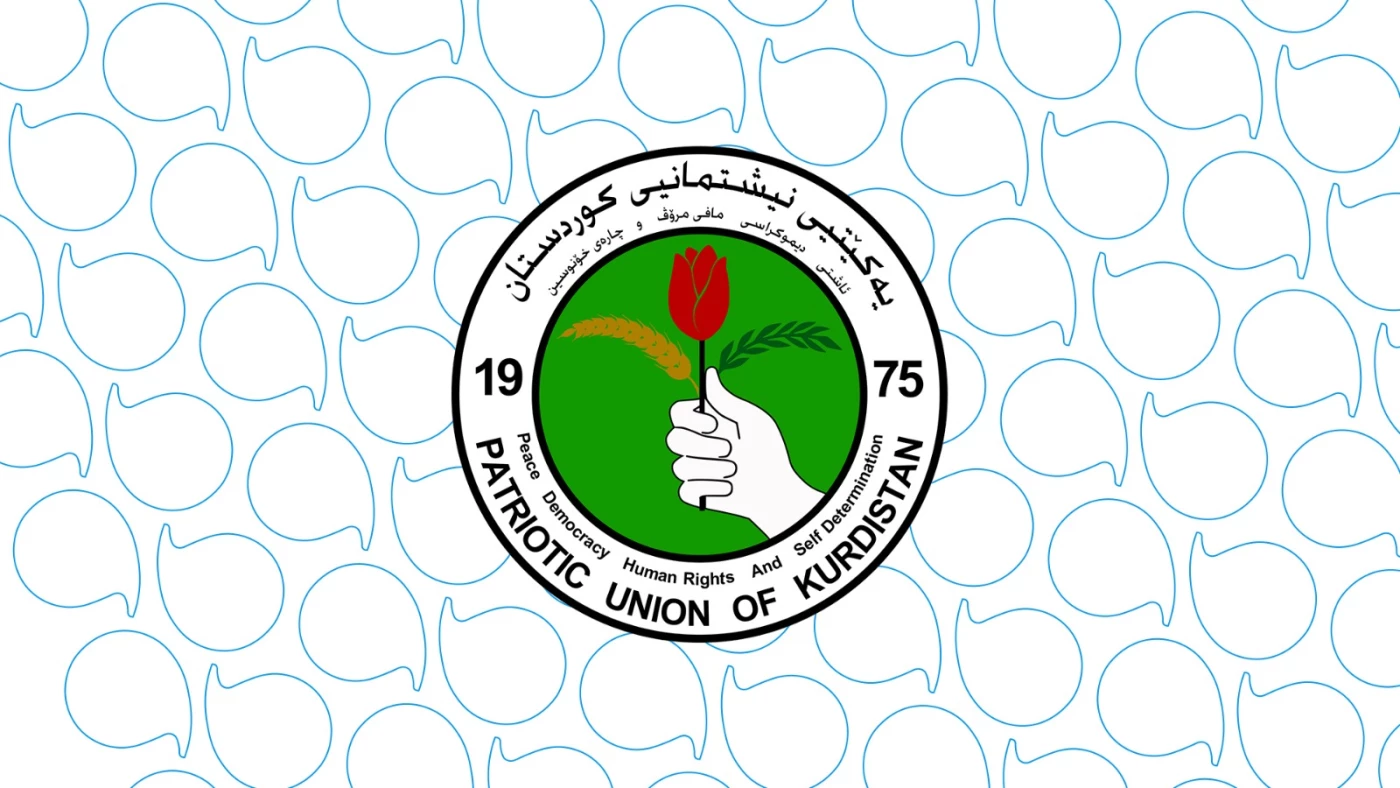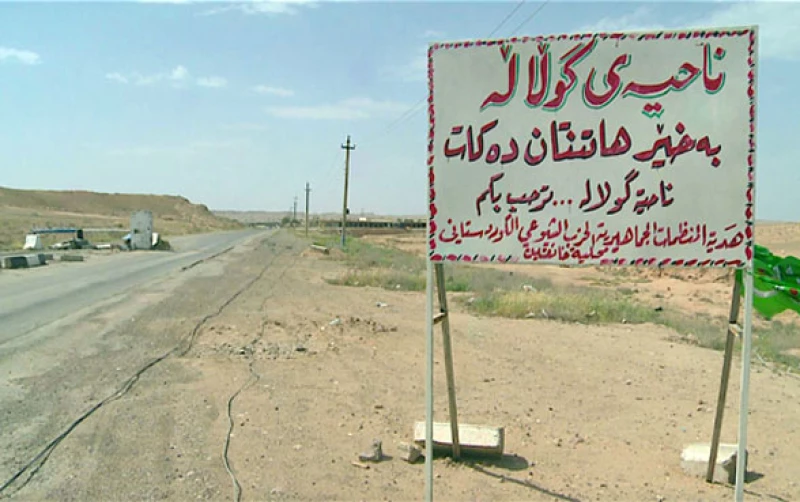ERBIL, Kurdistan Region of Iraq - The Patriotic Union of Kurdistan (PUK) has insisted that the party must receive either the post of the Kurdistan Region’s presidency or the premiership during government formation talks, an official from the party told The New Region.
The primary winner of the October 20 Kurdistan parliamentary elections, the Kurdistan Democratic Party (KDP), and runner-up PUK held their first meeting aimed at forming the next government cabinet in Sulaimani on Saturday. The delegations said the meeting proceeded in “a positive atmosphere” without providing further clarification.
“Considering that the number of its seats has increased, the ceiling of the PUK’s demands is higher this time,” Pola Sirwan Talabani, a member of the PUK leadership council, told The New Region on Saturday.
“Its [PUK’s] plan is to hold either the prime minister post or the Kurdistan Region presidency, and it has announced this officially and considers it its entitlement,” he added.
The PUK, which had 21 seats and held the speakership of the parliament in its previous term, has insisted that it does not want that post in the current term.
Another informed source, who spoke on condition of anonymity, told The New Region that one of the PUK’s demands is that the administrative, financial, and security posts must be divided between the two sides.
The source added that the PUK does not want the speakership, but asks for the deputy speaker position. The party has also called for the post of interior minister in exchange for the position of Minister of Peshmerga Affairs.
The KDP’s Reber Ahmed is currently the Region’s interior minister, while the post of Peshmerga minister is held by the PUK’s Shoresh Ismail.
The newly-elected parliament is set to hold its first session on Monday. By law, the lawmakers are supposed to elect a speaker during the first session, but this seems unlikely for Monday’s sitting as no political agreements have yet been announced.
The KDP has 39 seats in the parliament, while the PUK has 23. The two parties could realistically form the next cabinet without the inclusion of any other parties as they make up more than half of the legislature. Combined with the five minority quota seats, the winners of which are already believed to be affiliated with either of the two parties, the KDP and the PUK would have 67 lawmakers on their side, allowing them to pass or deny any legislations in the parliament with a two thirds majority.



 Facebook
Facebook
 LinkedIn
LinkedIn
 Telegram
Telegram
 X
X


